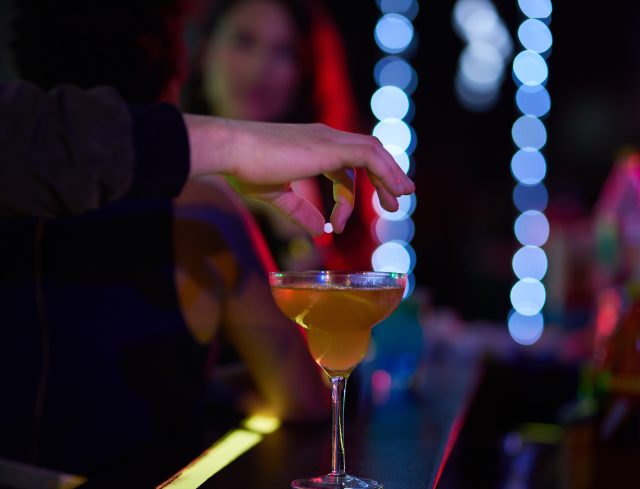Home Office announces anti-spiking measures
The UK Home Office has announced a series of measures including self-testing kits and hospitality staff training in a bid to curb incidences of drink spiking.

The measures were announced yesterday (Monday 18 December) by Home Secretary James Cleverly, who said: “Tackling violence against women and girls is a personal priority for me and this government has shown time and again that we will do what is necessary to keep the public safe.”
“Spiking is a perverse crime which can have a lasting impact on victims,” he continued. “Our comprehensive new measures are designed to help police and staff in bars, restaurants, pubs and other premises to protect victims and bring more offenders to justice.”
Among the changes is a greater focus on training door staff at venues to spot potential perpetrators, as well as those who may have been spiked, “intensive” police operations run by the National Police Chiefs Council across England and Wales to tackle the problem, and giving venues kits to test for spiked drinks.
Perhaps most importantly, section 182 of the Licensing Act 2003 has been updated both to crack down on different forms of spiking, and to make it easier to prosecute perpetrators. The new statutory guidance covers the following, non-exhaustive list of offences that come under the criminal definition of ‘spiking’:
Partner Content
- Putting alcohol into someone’s drink without their knowledge or permission.
- Putting prescription or illegal drugs into an alcoholic or non-alcoholic drink without their knowledge or permission.
- Injecting another person with prescription or illegal drugs without their knowledge or permission.
- Putting prescription or illegal drugs into another person’s food without their knowledge or permission.
- Putting prescription or illegal drugs into another person’s cigarette or vape without their knowledge or permission.
Michael Kill, CEO of Night Time Industries Association, welcomed the news and said: “The planned statutory guidance under Section 182 of the Licensing Act 2003 and the commitment to providing an unequivocal definition of spiking reflects a comprehensive approach to addressing this pressing issue.”
UKHospitality chief executive Kate Nicholls noted the importance of “education and proper training” to stopping spiking and said: “We’re committed to working with sector partners to provide venues with up-to-date advice and guidance on best practice to prevent spiking, as well as with the Home Office on measures like these.”
Dawn Dines, founder and CEO of registered charity Stamp Out Spiking, called the announcement “monumental” and said: “Spiking being clearly recognised in law and the language being modernised will give a clear message to the perpetrators that giving someone any drug – including alcohol without that person’s knowledge or consent – can result in a criminal conviction and not be tolerated…Spiking will finally not be an invisible crime.”
According to the Alcohol Education Trust, more than 5,000 people in England reported being spiked in 2022, with approximately 10% of under-25s reportedly having been victims of it.
Related news
Wine List of Week: The Ragged Robin




